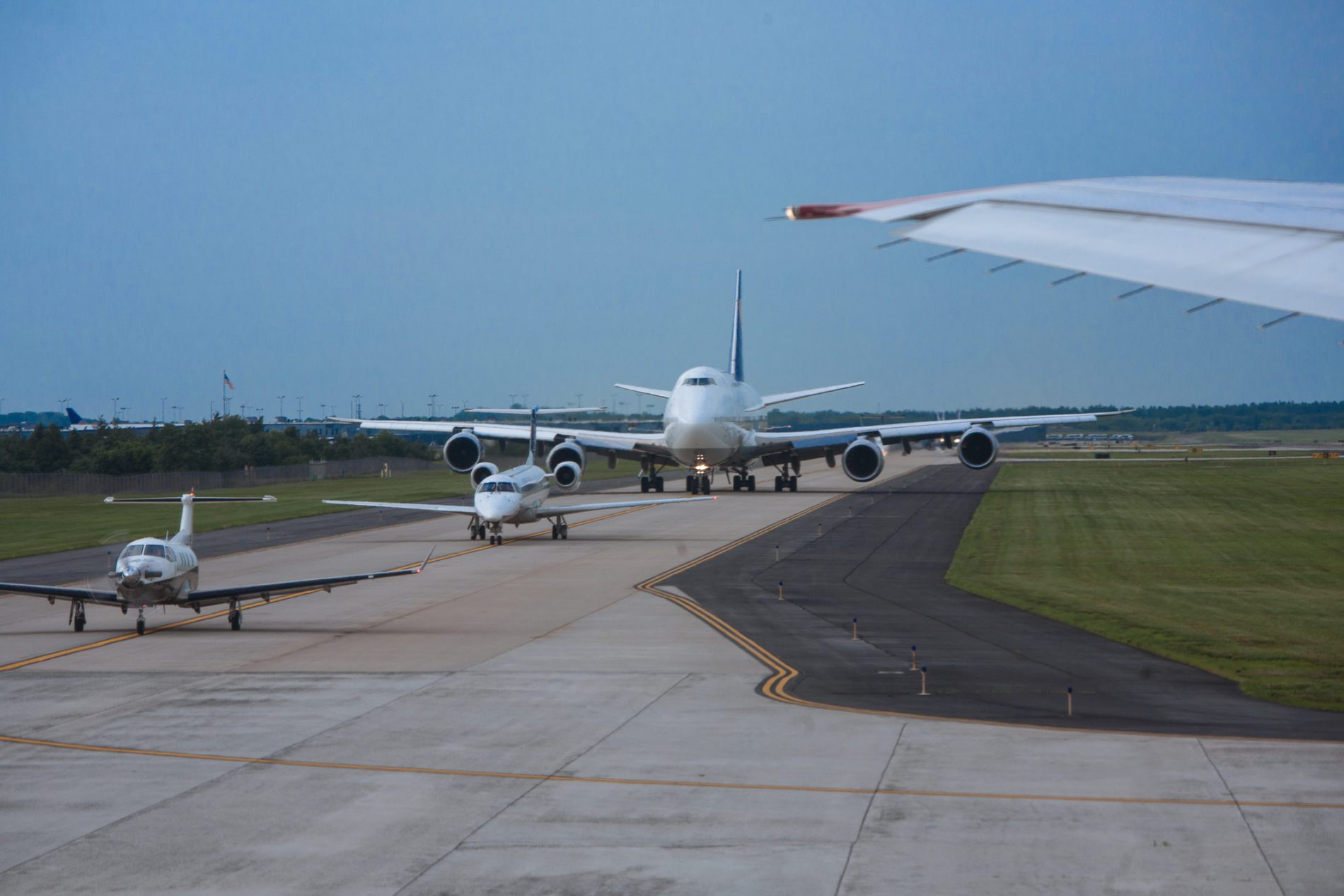Here’s what you need to know.
At Commodity Forwarders, we are proud of the relationships we have built with our airline partners and truckers in the locations we operate. Our goal is to deliver cargo to an airline right before the flight’s lockout (deadline for receipt) so we know that it moves from the receiving point to the ramp and on the departing flight with minimal delays or waiting time.
The past fourteen months have been a challenge as we’ve written about numerous times on the blog, but this is the first time we’re turning our eyes to a specific city and problem and need to make our customers aware of what is going on.
Before going any further, read this recent FreightWaves piece highlighting ORD’s difficulties and the rise of Rockford Airport, just 90 miles northwest.
In a recent presentation, a speaker said that Chicago’s air cargo volume saw a nearly 10% increase over the course of the pandemic. This is for a number of reasons, not the least of which are both chartered flights utilizing ORD’s central location, but also because the cancellation of passenger flights in the US and Canada have increased the traffic for regularly scheduled freighters and so-called “phreighters”, or passenger aircraft being utilized as all-cargo aircraft.
The increase has been driven by imports of semiconductors, e-Commerce packages, consumer goods, PPE, vaccines and medical equipment.
While great for Chicago’s trade statistics and standing compared to their other gateway airports around the United States, it has meant hours-long delays for trucks trying to pick up imports and days-long delays in cargo being broken down.
In Chicago, as in many other cities around the United States, airlines stopped self-handling cargo more than a decade ago for cost-containment purposes which gave rise to local and global companies focused on outsourced airline functions such as cleaning, fueling, maintenance and cargo handling. That small handful of operators juggles an ever-changing airline and client roster as airlines will change handlers for a penny a kilo with as little as thirty days notice.
For the forwarder community trying to not only keep track of their whereabouts but also to establish a consistent working relationship, it is a nightmare.
The backlog of freight and truckers translates into both an inability for us to readily access these airports on a just-in-time basis and demands for our truckers that two hours are no longer sufficient, but they need a minimum of six hours’ notice to make a transfer from our warehouse to theirs.
This additional time translates into two challenges for us. First, the time that we receive cargo needs to be made earlier in the wee hours of the morning or even overnight. Second, we are starting our first shifts earlier because where we would have until late-morning to deliver cargo to an airline, we now need to plan for pickups first thing in the morning.
Will this get better when ocean freight congestion (yes, we’ve written about that, too) goes away? Probably not. What may make things better is when carriers return passenger flights to cities other than Chicago and the concentration is somewhat diluted.
If & Until that Time Comes
We can only continue to advise and caution our clients that we at CFI continue to treat your cargo as the time-sensitive priority it has always been in our eyes, but we find ourselves have to add extra time to proactively provide a cushion for service failures and delays by an airline’s chosen handling company.
For more information, please reach out to me and my team in Chicago for the most up-to-date conditions.



